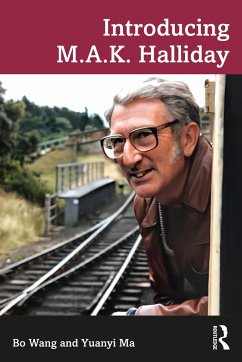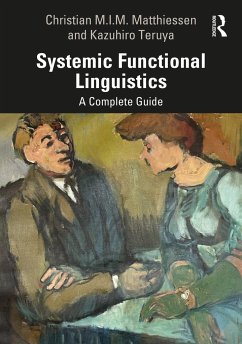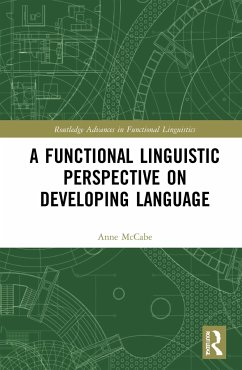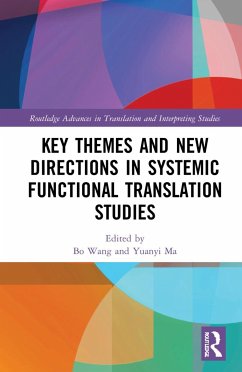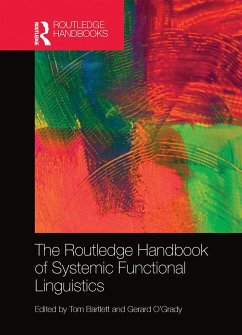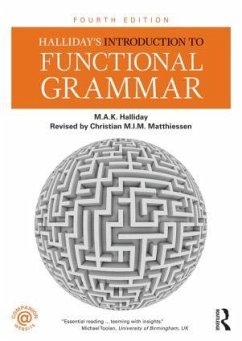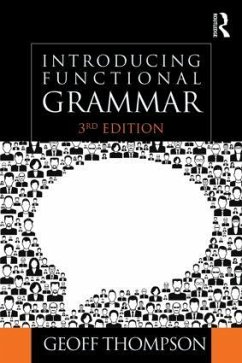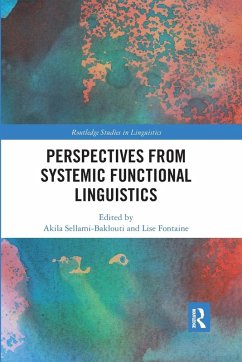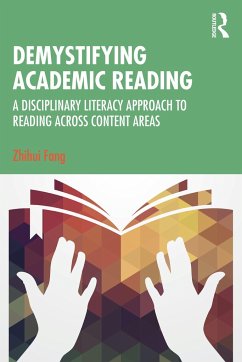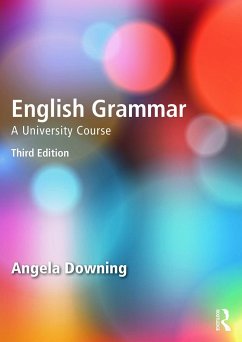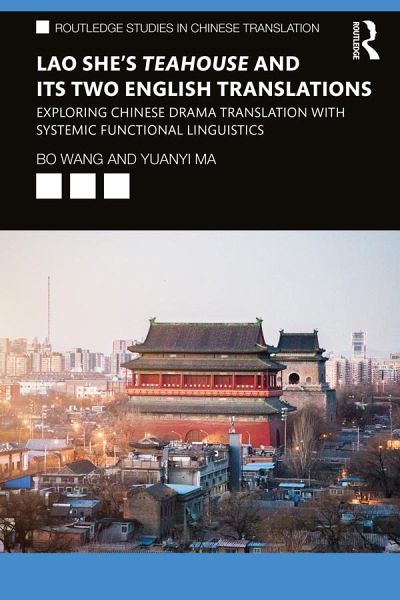
Lao She's Teahouse and Its Two English Translations
Exploring Chinese Drama Translation with Systemic Functional Linguistics
Versandkostenfrei!
Versandfertig in 6-10 Tagen
42,99 €
inkl. MwSt.
Weitere Ausgaben:

PAYBACK Punkte
21 °P sammeln!
Lao She's Teahouse and Its Two English Translations: Exploring Chinese Drama Translation with Systemic Functional Linguistics provides an in-depth application of Systemic Functional Linguistics (SFL) to the study of Chinese drama translation, and theoretically explores the interface between SFL and drama translation.Investigating two English translations of the Chinese drama, Teahouse ( Cha Guan in Chinese) by Lao She, and translated by John Howard-Gibbon and Ying Ruocheng respectively, Bo Wang and Yuanyi Ma apply Systemic Functional Linguistics to point out the choices that translators have t...
Lao She's Teahouse and Its Two English Translations: Exploring Chinese Drama Translation with Systemic Functional Linguistics provides an in-depth application of Systemic Functional Linguistics (SFL) to the study of Chinese drama translation, and theoretically explores the interface between SFL and drama translation.
Investigating two English translations of the Chinese drama, Teahouse ( Cha Guan in Chinese) by Lao She, and translated by John Howard-Gibbon and Ying Ruocheng respectively, Bo Wang and Yuanyi Ma apply Systemic Functional Linguistics to point out the choices that translators have to make in translation.
This book is of interest to graduates and researchers of Chinese translation and discourse studies.
Investigating two English translations of the Chinese drama, Teahouse ( Cha Guan in Chinese) by Lao She, and translated by John Howard-Gibbon and Ying Ruocheng respectively, Bo Wang and Yuanyi Ma apply Systemic Functional Linguistics to point out the choices that translators have to make in translation.
This book is of interest to graduates and researchers of Chinese translation and discourse studies.





